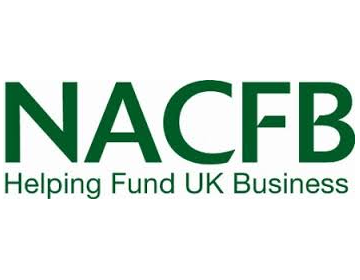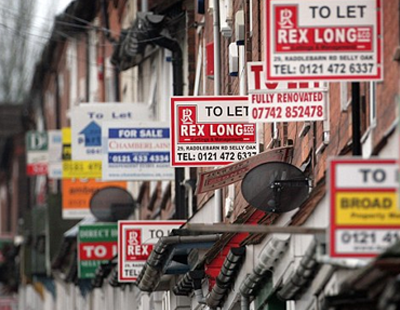New Freedom of Information data from the FCA - gathered by Quilter, the wealth manager and financial adviser - reveals that the number of people taking out mortgages with terms of 35 years or more hit a high of 88,059 in 2022.
This was compared to just 40,471 in 2018, so a 117 per cent increase.
The news comes after borrowers have suffered successive interest rate increases since December 2021 and historically high house prices, forcing people to take out longer terms to achieve lower monthly payments.
There are now also nearly four times as many people taking out mortgages with terms that they will be still paying off in their 70s. In 2022, there were over 12,000 people over the age of 41 who took out a 30 to 35-year term. In comparison, in 2018, just 3,035 people over the age of 41 took out a 30 to 35-year term.
The Bank of England base rate now sits at 5.0 per cent and the average fixed rate two-year 95 per cent LTV deal is around 6.50 per cent making it likely that even more people, regardless of age, will be forced into taking out longer mortgage terms.
In the wake of the interest rate turmoil, the majority of lenders have signed a Mortgage Charter designed to help homeowners struggling with their loan repayments. One of the new features available to borrowers, with participating lenders, is that they can extend their mortgage term and reduce their monthly payments, with the option to switch back within six months.
Older borrowers taking out longer mortgage terms may find that a significant chunk of their retirement wealth has to now be diverted to continuing to pay off their mortgage when in times gone by people retired owning their property outright.
Assuming someone age 41 had a mortgage of £250,000 with a 35-year term on an interest rate of 3.0 per cent, which is roughly the average for the past 20 years, they could expect to pay £962 monthly repayments or £11,544 over the year.
While this figure may go up and down over the years depending on interest rate levels throughout their mortgage term, they will need to be confident they can afford to make these sizable repayments until the age of 76 using their retirement wealth.
According to the PLSA Retirement Living standards a comfortable retirement requires a single person to have an annual income (net of tax) of £26,700 per year on top of the state pension, which in 2023-24 is £10,600 per year. So, if someone wants to achieve a comfortable retirement they will also need to find a further £11,544 to fund their mortgage.
Karen Noye, mortgage expert at Quilter, says: “For many people, to realise the dream of homeownership or to simply obtain an affordable mortgage they have had to increase the term of their mortgage. While this is not inherently wrong and can be a lifeline for people during this difficult time, it does have the potential to stretch people’s finances later in life particularly for those in their 40s.
“For anyone considering entering into a mortgage that will see them well into retirement, it is vital they think ahead and are aware of the potential risks. Many people under save for their retirement anyway without even taking into account the fact they will not be earning and need to pay for a mortgage as well as living costs.
“Similarly, while a mortgage term of 35 years or more can result in lower monthly repayments, you are likely to pay considerably more in interest over the course of your mortgage term.
“While there are several risks to consider, a longer mortgage term does not always spell bad news. Certain types of mortgage products allow you to make overpayments which could help to make repayments past retirement age more manageable. Overpaying can also help to reduce the amount of interest paid by decreasing the overall term length.
“Where possible, it is always worth getting mortgage advice to make sure that you are doing the best thing for your finances as the cheapest deal is not always the most valuable particularly over the long term.”

















Join the conversation
Be the first to comment (please use the comment box below)
Please login to comment